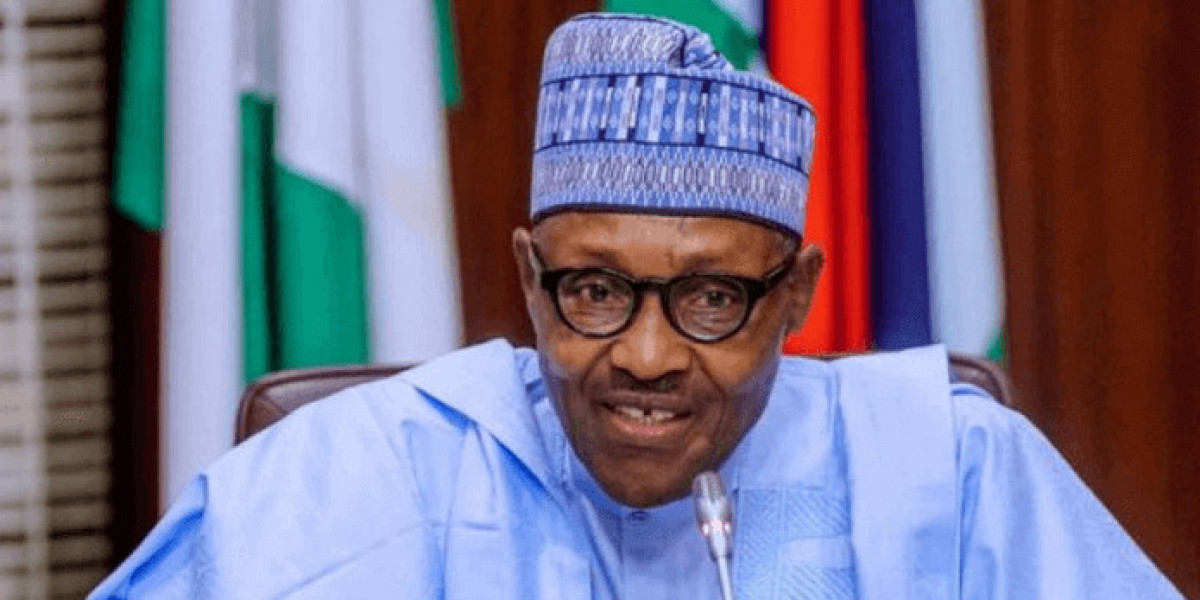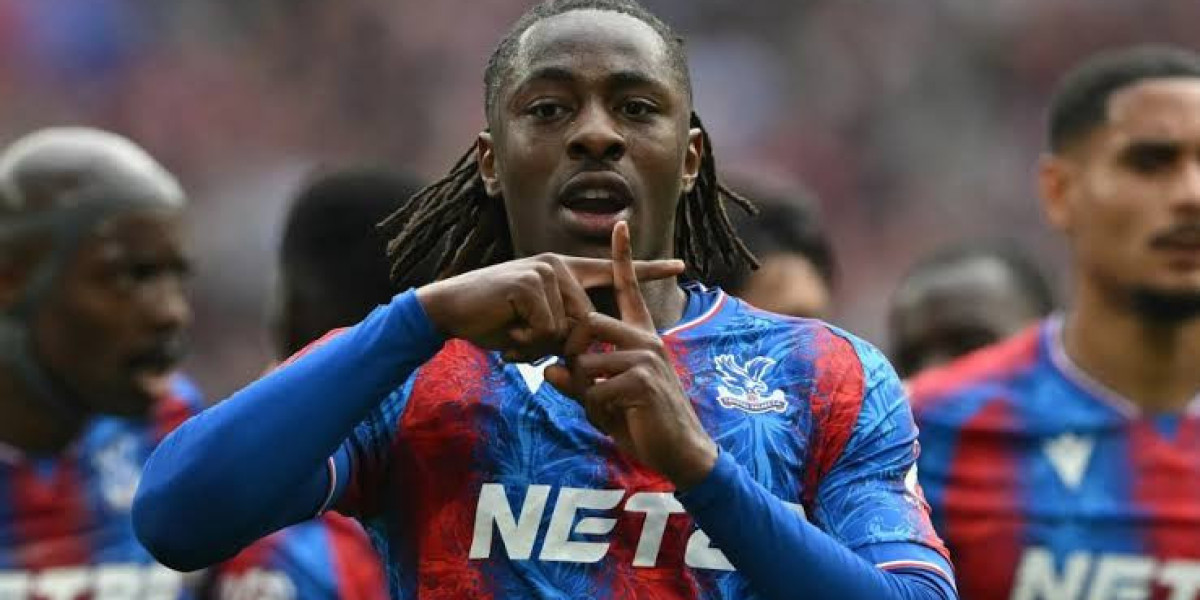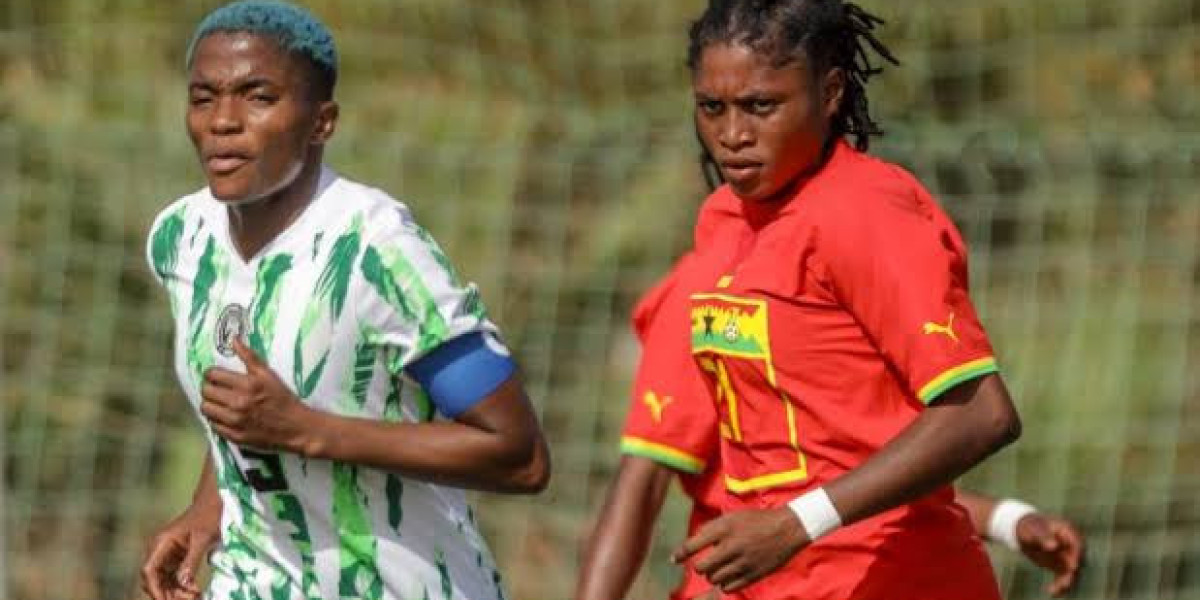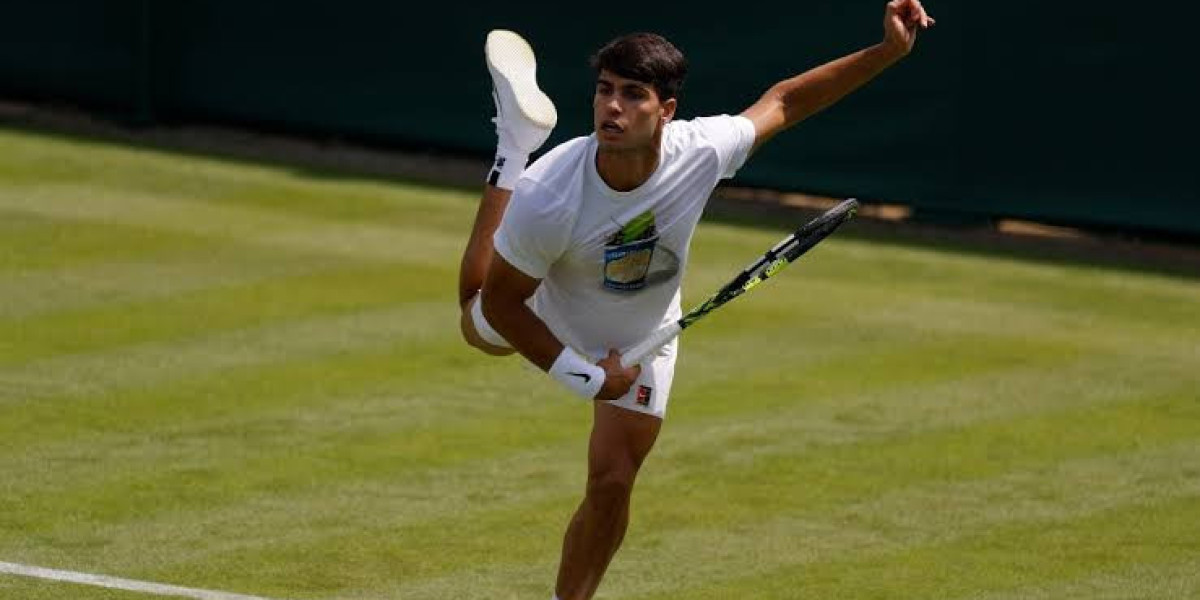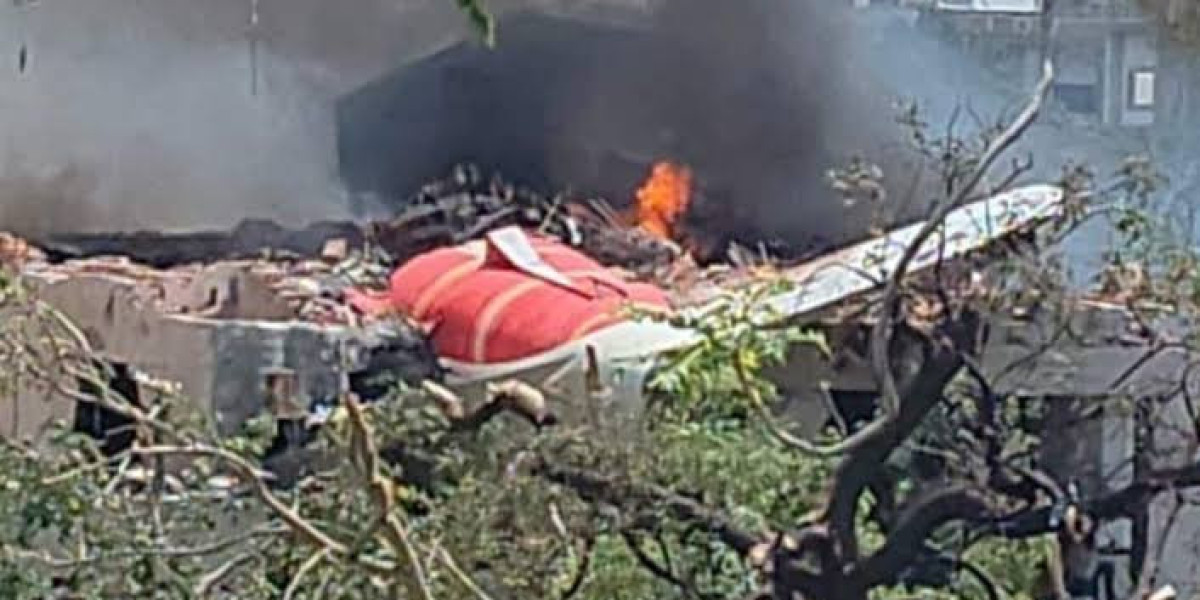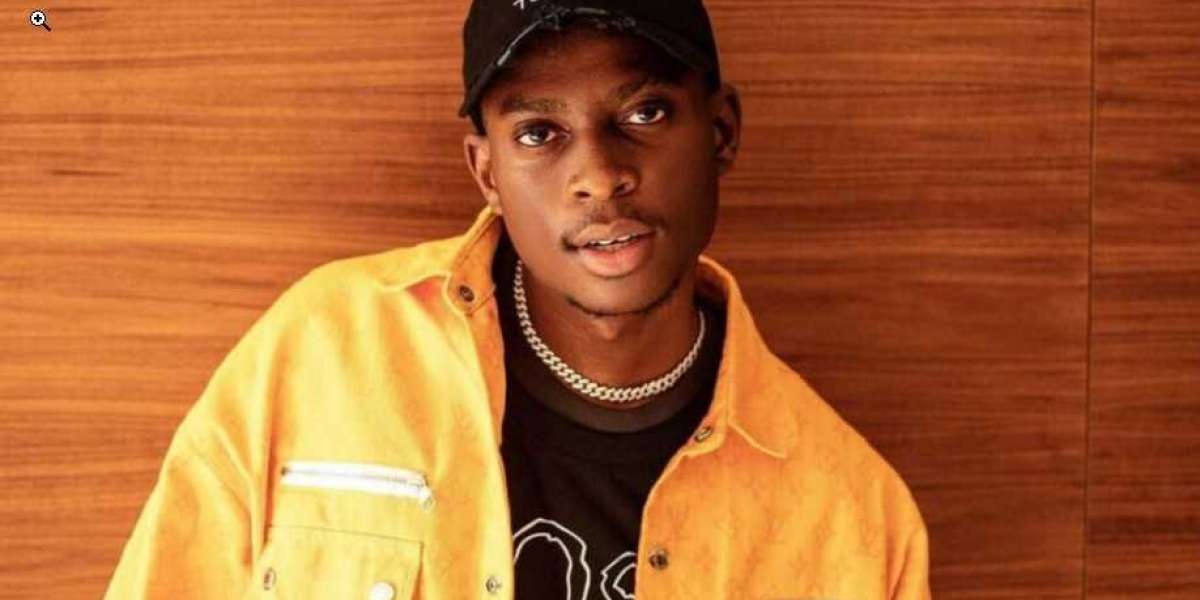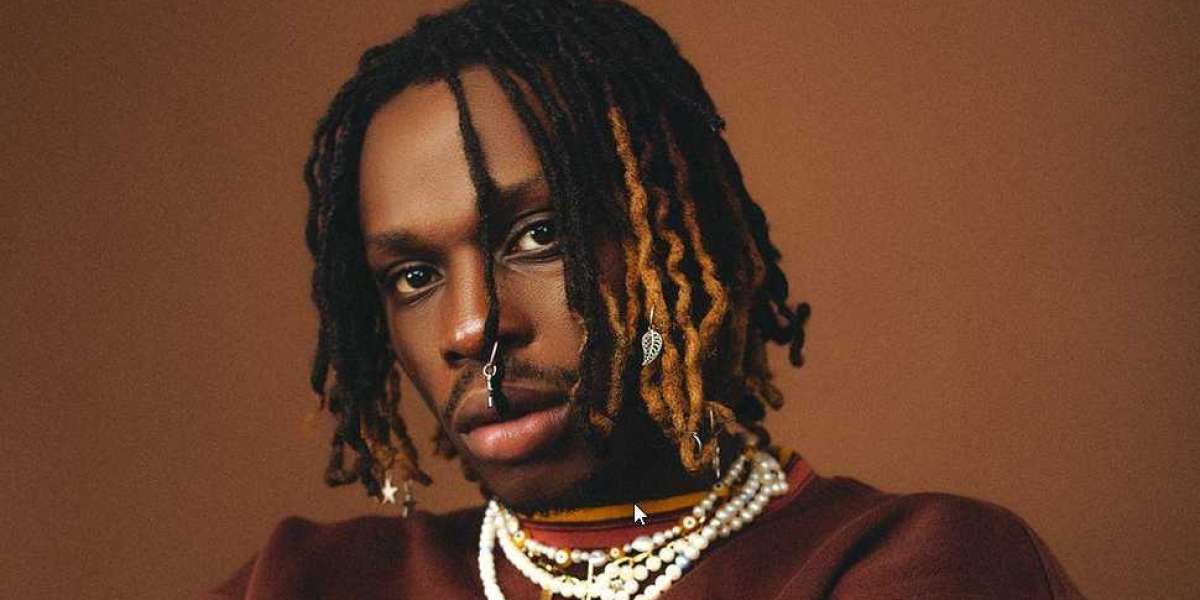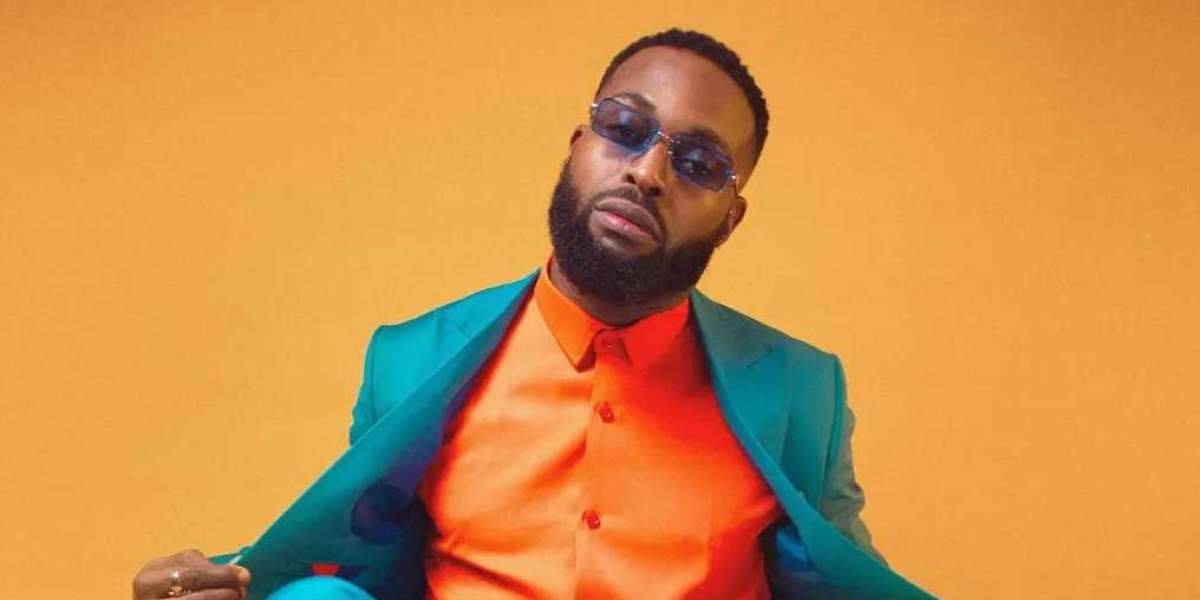Muhammadu Buhari is a Nigerian politician and former military general who served as the president of Nigeria from 2015 to 2023. He is known for his anti-corruption crusade, economic recovery efforts, and security challenges. He is also the first Nigerian leader to defeat an incumbent president in a free and fair election. In this blog post, we will explore his biography, achievements, and controversies.
Early Life and Education
Muhammadu Buhari was born on December 17, 1942, in Daura, Katsina State, Nigeria. He belonged to a prominent Fulani family, which is one of the largest ethnic groups in West Africa. His father, Adamu Buhari, was a local chief and a farmer, while his mother, Zulaihat Buhari, was a homemaker. He was the 23rd child of his father and the fifth of his mother. He lost his father when he was four years old and was raised by his mother and his elder brother.
He attended primary school in Daura and Mai'adua and secondary school in Katsina. Since childhood, he had been interested in joining the military and enrolled in the Nigerian Military Training College (NMTC) in Kaduna in 1962.
He received further training in the Mons Officer Cadet School in Aldershot, England, and graduated as a second lieutenant in 1963. He also attended the U.S. Army War College in Carlisle, Pennsylvania, where he obtained a master's degree in strategic studies in 1980.
Military Career and Coup
Buhari had a distinguished military career, serving in various positions and ranks. He fought in the Nigerian Civil War (1967-1970), a bloody conflict between the federal government and the secessionist state of Biafra. He commanded the 3rd Infantry Division that liberated the northern part of Biafra and was later appointed governor of the newly created North-Eastern State in 1975.
He also participated in three military coups that changed the political landscape of Nigeria. He was among the young officers who overthrew the first republic in 1966, which led to the establishment of a military regime headed by General Yakubu Gowon. He was also involved in the coup that ousted Gowon in 1975, bringing General Murtala Mohammed to power.
He became the federal commissioner of petroleum and natural resources under Mohammed and later under General Olusegun Obasanjo, who succeeded Mohammed after his assassination in 1976.
He rose to prominence in 1983 when he led the coup that toppled the second republic, a civilian administration led by President Shehu Shagari. He accused the government of corruption, incompetence, and mismanagement of the economy and declared himself the head of state and the chairman of the Supreme Military Council. He formed a military junta that consisted of loyal and disciplined officers, such as his chief of staff, Major General Tunde Idiagbon.
Military Regime and Buharism
Buhari's military regime was marked by a strict and authoritarian governance style, dubbed Buharism by some observers. He launched a nationwide campaign called the War Against Indiscipline (WAI), which aimed to instill discipline, order, and patriotism among the citizens.
He enforced measures such as queuing up at bus stops, arriving on time at work, and singing the national anthem. He also cracked down on corruption, arresting and detaining many politicians, business people, and journalists accused of embezzling public funds or criticizing his government. He also banned political parties, labor unions, and civil society organizations and imposed censorship on the media.
He faced several challenges and criticisms during his tenure, such as the declining economy, the falling oil prices, the rising inflation, and the foreign debt. He adopted a protectionist and isolationist policy, reducing the imports and exports and refusing to devalue the naira or accept the International Monetary Fund (IMF) loan. He antagonized some of Nigeria's neighbors and allies, such as Chad, Cameroon, and the United Kingdom, over border disputes and diplomatic issues.
He was overthrown in a bloodless coup on August 27, 1985, by his chief of army staff, General Ibrahim Babangida, who accused him of being too rigid, repressive, and insensitive. He was detained in Benin City for three years until he was released in 1988 by Babangida's successor, General Sani Abacha.
Return to Politics and Presidency
Buhari returned to politics in 2003 after restoring democracy in Nigeria in 1999. He contested for the presidency under the All Nigeria Peoples Party (ANPP) platform, but lost to the incumbent president, Olusegun Obasanjo, of the People's Democratic Party (PDP). He challenged the election results in court, alleging fraud and rigging, but his petition was dismissed.
He ran again in 2007 under the same party but was defeated by Obasanjo's successor, Umaru Yar'Adua, who was also from his home state of Katsina. He again filed a lawsuit, claiming that irregularities and violence marred the election, but the Supreme Court rejected his case.
He formed his party, the Congress for Progressive Change (CPC), in 2010 and contested for the third time in 2011. He faced a former ally and vice president, Atiku Abubakar, who had defected from the PDP to the Action Congress of Nigeria (ACN), and the incumbent president, Goodluck Jonathan, who had assumed office after the death of Yar'Adua in 2010. He came second, behind Jonathan, but refused to concede defeat, insisting that the election was rigged. His supporters staged protests and riots in some northern states, which resulted in the deaths of hundreds of people.
He finally achieved his presidential ambition in 2015 when he ran as the candidate of the All Progressives Congress (APC), a coalition of opposition parties, including the ANPP, the ACN, and a faction of the PDP. He faced Jonathan again, who was seeking re-election, amid growing dissatisfaction with his handling of the economy, security, and corruption.
Buhari campaigned on a platform of change, promising to tackle the insurgency of Boko Haram. This militant Islamist group terrorized the northeast region of the country to fight corruption and revive the economy. He won the election with 54% of the votes, becoming the first Nigerian to defeat a sitting president in a democratic election. He was sworn in on May 29, 2015, at the Eagle Square in Abuja.
He was re-elected for a second term in 2019, defeating his main rival, Atiku Abubakar, who had returned to the PDP by over 3 million votes. At the same venue, he was inaugurated on May 29, 2019, making him the second Nigerian leader, after Obasanjo, to win two consecutive civilian terms.
Achievements and Controversies
Achievements and controversies have characterized Buhari's presidency, as he has faced various challenges and criticisms from different quarters. Some of his notable achievements include:
Leading the fight against Boko Haram, which has claimed thousands of lives and displaced millions of people. He collaborated with the neighboring countries of Chad, Niger, and Cameroon, to form a multinational joint task force, and deployed more troops and resources to the affected areas. He also negotiated the release of some of the kidnapped Chibok girls who had been abducted by the militants in 2014.
Launching the Economic Recovery and Growth Plan (ERGP), which aimed to restore economic growth and stability, plunged into recession in 2016 due to the fall in oil prices and the foreign exchange crisis. He implemented policies and reforms to diversify the economy, boost the agricultural and manufacturing sectors, improve the infrastructure and power supply, and create more jobs and opportunities for the youth.
Establishing the Presidential Enabling Business Environment Council (PEBEC) sought to improve the ease of doing business and attract more investments to the country. He also signed the African Continental Free Trade Area (AfCFTA) agreement, which is expected to create a single market for goods and services across the continent.
Introducing the Treasury Single Account (TSA), which consolidated all the government revenues and expenditures into one account to enhance transparency and accountability. He also launched the Whistleblower Policy, which encouraged citizens to report cases of corruption and fraud and rewarded them with a percentage of the recovered funds.
Implementing the National Social Investment Programme (NSIP) provided cash transfers, school feeding, micro-credit, and skills training to millions of poor and vulnerable Nigerians. He also increased the minimum wage from 18,000 naira to 30,000 naira and approved the payment of pension arrears to former workers of the defunct Nigeria Airways.
Some of his controversies include:
Traveling abroad frequently for medical treatment raised questions about his health and fitness for office. He spent a total of 172 days in London between 2016 and 2017 and another 10 days in 2019 for an undisclosed ailment. He delegated his powers to his vice president, Yemi Osinbajo, during his absence, but his critics accused him of being secretive and insensitive to the plight of the ordinary Nigerians who lacked
Lacking access to quality and affordable health care worsened the impact of the COVID-19 pandemic on the population. He faced criticism for his slow and inadequate response to the outbreak, which claimed over 2,000 lives and infected over 150,000 people in the country. He also failed to secure enough vaccines for the citizens, relying on donations from other countries and organizations.
Appointing and favoring people from his ethnic and religious group fueled allegations of nepotism, tribalism, and marginalization. He was accused of being biased and insensitive to the interests and aspirations of other regions and groups, especially the Igbo and the Christian minorities. He also clashed with some of his appointees and allies, such as the former chief justice, the former head of the anti-graft agency, and the former service chiefs, over corruption, performance, and loyalty issues.
Violating the rule of law and human rights sparked protests and condemnations from civil society and the international community. He was criticized for disobeying court orders, detaining and harassing activists, journalists, and opposition figures, and deploying the military and the police to quell dissent and unrest. He was also blamed for the Lekki toll gate massacre, where several unarmed protesters were killed or injured by the army.
Personal Life and Family
Buhari is married to Aisha Buhari, who is a cosmetologist, author, and philanthropist. She is the founder and president of the Future Assured Initiative, a non-governmental organization focusing on women's and children's health, education, and empowerment.
She is also an outspoken critic of some of the policies and actions of her husband's government. She has advocated for more inclusion and participation of women and youth in politics and governance. They have five children: Zulaihat (deceased), Fatima, Musa, Hadiza, and Yusuf, and nine grandchildren.
Buhari is a devout Muslim and a member of the Tijaniyya Sufi order. He is also a lover of animals and owns a ranch in his hometown, where he breeds cattle, horses, and dogs. He enjoys reading books and playing chess.
Conclusion
Buhari is a leader with a military background and a democratic vision. He has served the country in various capacities and has made some achievements and contributions to the development and progress of Nigeria.
He is also a leader with some controversies and criticisms, as he has faced various challenges and difficulties in his tenure. He is a leader with a mixed legacy who has tried to make a difference in the country.
